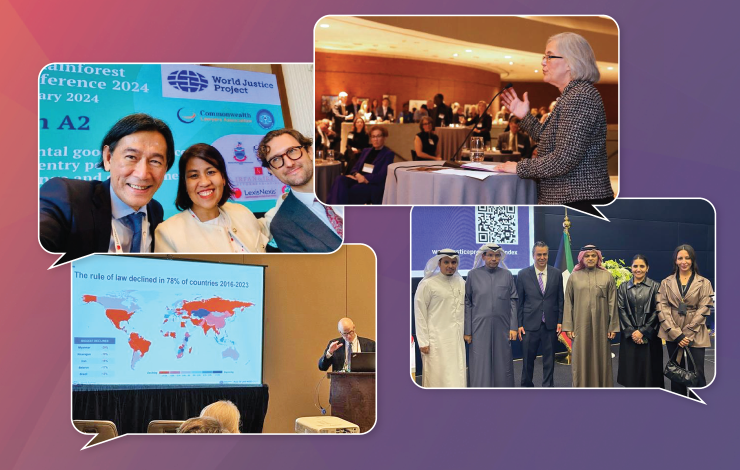

Recognizing that legal aid “is an essential element of a fair, humane and efficient criminal justice system that is based on the rule of law,” the United Nations Commission on Crime Prevention and Criminal Justice adopted the first international instrument on legal aid on April 27, 2012. The Principles and Guidelines on Access to Legal Aid in Criminal Justice Systems (“Principles and Guidelines”) aim to ensure that states adopt measures and establish systems that provide persons accused of crimes with prompt and effective legal aid services. Where applicable, states are also encouraged to provide legal aid services to victims and witnesses of crime.
Despite the broad acceptance of the principle of legal aid and its numerous benefits, millions of poor people around the world who are accused of crimes are denied access to effective legal representation. The vast majority of states have enacted laws that guarantee the right to counsel for poor persons accused of crimes, consistent with article 14 of the International Covenant on Civil and Political Rights. Yet, countries in the Global North and South—regardless of income level—struggle to provide legal aid, particularly at the early stages of the criminal process. As a result, suspects and defendants languish in pretrial detention without access to counsel, and suffer coerced and tortured confessions, wrongful convictions and other abuses.
Drawing from the diverse experiences of the states, civil society experts and UN agencies that participated in the drafting of the text, the Principles and Guidelines incorporate global best practices for the provision of legal aid that are widely applicable to all nations. Specifically, it provides states with practical guidance on how to improve access to legal aid, including the rights: to be informed of the right to legal aid; to prompt access to counsel; to communicate with counsel; and to prepare a defense. The Principles and Guidelines also include provisions that make clear the duty of states to establish remedies and safeguards that apply if the right to legal aid is violated, and ensure that lawyers are able to perform all of their professional functions without intimidation, hindrance, harassment, or improper interference.
As an international nongovernmental organization with recognized expertise in assisting post-conflict and transitional countries to provide free, quality criminal defense services to the poor, the International Legal Foundation encourages governments to support the adoption of the Principles and Guidelines in the General Assembly. Such action would focus attention on the need to strengthen legal representation for the poor, while providing governments with practical tools for developing their criminal legal aid systems. The Principles and Guidelines are now before the UN Economic and Social Council for approval before being submitted to the UN General Assembly for consideration and adoption later this year.
Read the Principles and Guidelines on Access to Legal Aid in Criminal Justice Systems here. The resolution to adopt the Principles and Guidelines was led by South Africa and Georgia, and was co-sponsored by Cameroon, Canada, Croatia, Chile, Denmark (representing the European Union), Georgia, Germany, Israel, Mexico, Namibia, Nigeria, Norway, the Philippines, Saudi Arabia, South Africa (representing the African Group), and the United States of America.

